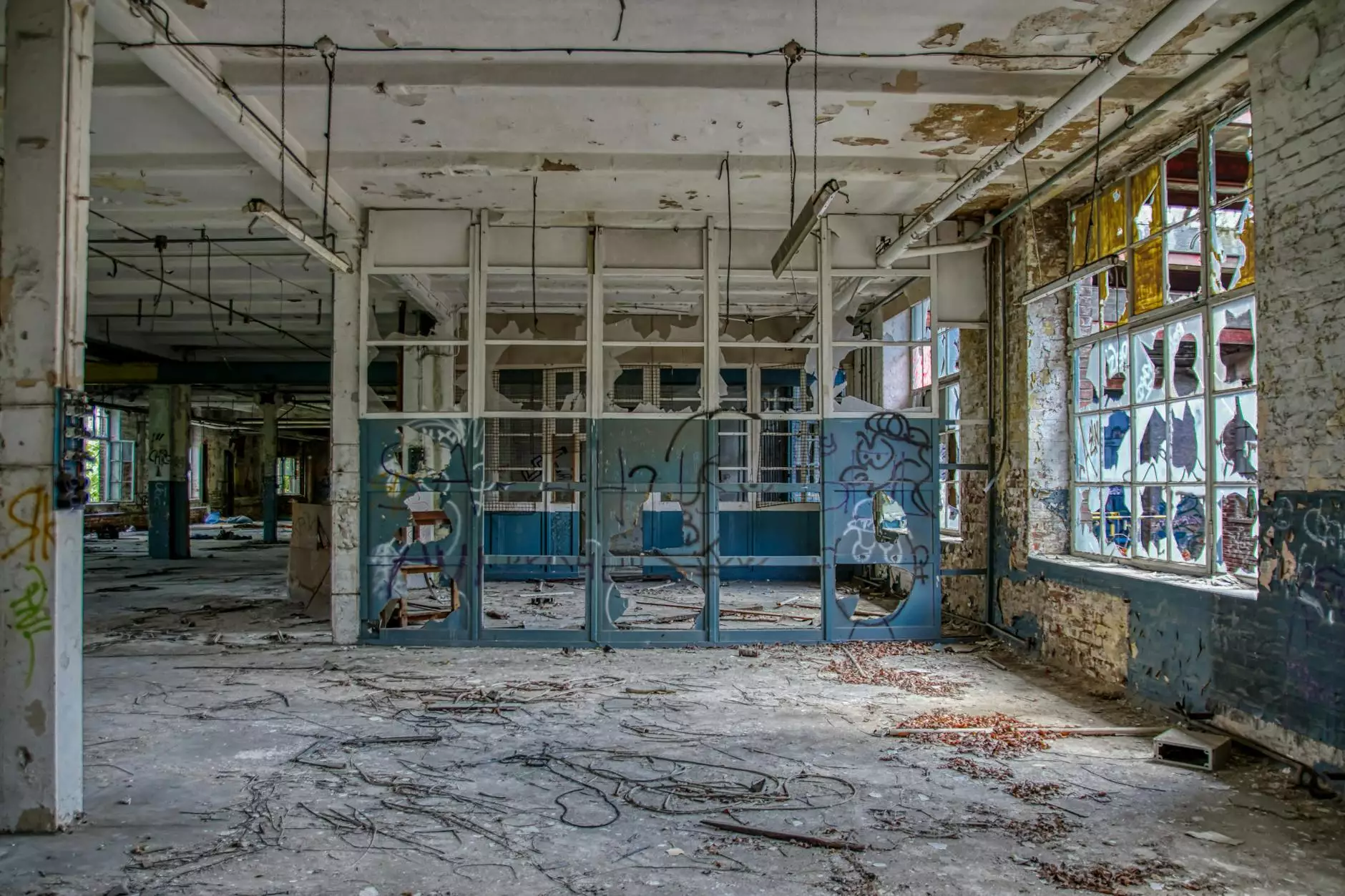The Essential Role of Refrigeration Equipment in Modern Business

Refrigeration equipment plays a pivotal role in various industries, ensuring that products remain safe for consumption and use. From food and beverage companies to pharmaceutical firms, the importance of reliable and efficient refrigeration solutions cannot be overstated. In this article, we will explore the various aspects of refrigeration equipment and how it can provide your business with a competitive advantage.
1. Understanding Refrigeration Equipment
At its core, refrigeration equipment is designed to remove heat from a designated area to maintain a lower temperature. This is critical for preserving perishable items like food and sensitive products such as vaccines. The refrigeration process involves a series of components that work together to ensure optimal temperature control.
1.1 Key Components of Refrigeration Systems
- Compressors: These devices compress refrigerant gas, raising its temperature and pressure to facilitate heat transfer.
- Condenser Coils: Located outside of the refrigeration unit, these coils allow the refrigerant to release absorbed heat.
- Expansion Valves: These valves regulate the flow of refrigerant into the evaporator, allowing for pressure release and cooling.
- Evaporator Coils: These coils are where the refrigerant absorbs heat from the environment, causing it to evaporate and lower the temperature within the unit.
2. Types of Refrigeration Equipment
Various types of refrigeration equipment are available, each designed for specific applications. Understanding these types can help businesses select the right solution for their needs.
2.1 Commercial Refrigeration Systems
Commonly used in grocery stores, restaurants, and retail settings, commercial refrigeration systems are designed to store large quantities of perishable goods. These systems include walk-in coolers, display cases, and reach-in refrigerators that help maintain optimal storage conditions.
2.2 Industrial Refrigeration Systems
For businesses involved in large-scale manufacturing or food processing, industrial refrigeration systems are essential. These heavy-duty systems can handle substantial loads and are often utilized in warehouses, distribution centers, and production facilities.
2.3 Refrigerated Transport
For industries that require the movement of temperature-sensitive goods, refrigerated transport plays a critical role. Reefer trucks and containers are equipped with specialized refrigeration equipment to ensure that products remain at safe temperatures during transit.
3. Benefits of Advanced Refrigeration Equipment
Investing in advanced refrigeration equipment offers numerous benefits, which can lead to improved operational efficiency and increased profitability.
3.1 Enhanced Product Safety
With reliable refrigeration systems, businesses can ensure that their products are stored at safe temperatures, significantly reducing the risk of spoilage and foodborne illnesses. This is particularly crucial for restaurants and food distributors who must adhere to strict safety regulations.
3.2 Energy Efficiency
Modern refrigeration technology has made significant strides in energy efficiency. By utilizing energy-efficient compressors and insulation materials, businesses can lower their energy consumption, resulting in substantial cost savings.
3.3 Regulatory Compliance
Many industries are subject to regulations governing the storage and transportation of perishable goods. Investing in quality refrigeration equipment ensures compliance with safety standards and helps avoid costly fines.
3.4 Increased Shelf Life
Proper refrigeration extends the shelf life of products, allowing businesses to reduce waste and optimize inventory management. This translates directly to higher profits and improved sustainability practices.
4. Selecting the Right Refrigeration Equipment
Choosing the appropriate refrigeration equipment can be a daunting task, but understanding key factors can simplify the process.
4.1 Assessing Your Business Needs
Before making a purchase, businesses should determine their specific refrigeration needs. Consider the types of products being stored, the volume of inventory, and any specific regulatory requirements that must be met.
4.2 Evaluating Space and Layout
Space constraints can influence the decision on which type of refrigeration equipment to invest in. Measuring the available area and planning the layout will help identify equipment that maximizes efficiency without compromising accessibility.
4.3 Considering Energy Efficiency Ratings
Energy costs can significantly impact operational expenditures. Look for equipment with high energy efficiency ratings to ensure that your refrigeration systems are cost-effective to operate in the long term.
4.4 Reviewing Brand Reliability and Support
Investing in reputable brands that offer robust customer support is critical for long-term satisfaction. Research customer reviews and consider warranties offered on refrigeration equipment.
5. The Future of Refrigeration Technology
The refrigeration industry is continually evolving, with advancements in technology driving changes in efficiency, sustainability, and functionality.
5.1 Smart Refrigeration Systems
Smart refrigeration systems are becoming increasingly popular, integrating IoT technology to monitor temperatures, diagnose issues, and manage energy usage remotely. This can lead to better control of refrigeration conditions and reduced operational costs.
5.2 Environmentally Friendly Alternatives
As businesses strive to adopt more sustainable practices, the development of environmentally friendly refrigerants and energy-efficient systems is on the rise. Innovations in technology are making these options more accessible and affordable.
5.3 Automation and Robotics
As automation becomes more prevalent, refrigeration systems may soon incorporate robotic solutions to manage inventory, streamline operations, and improve efficiency. This trend is poised to transform how businesses operate, from warehouse management to supply chain logistics.
6. Conclusion: The Indispensable Role of Refrigeration Equipment
In conclusion, refrigeration equipment is a cornerstone of modern business operations across multiple industries. By investing in quality systems, businesses can ensure product safety, improve energy efficiency, remain compliant with regulations, and ultimately boost profitability. As technology continues to advance, staying informed about innovations in refrigeration will be essential for any business dedicated to maintaining a competitive edge.
For more information about advanced refrigeration solutions, visit https://www.first-coldchain.com/.









